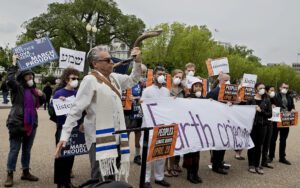Grantee Editorial: American Jews’ priorities are clear, so why don’t we see them?

Originally published in The Times of Israel
They say, “two Jews, three opinions,” but, actually, we American Jews are remarkably consistent in what we care about. Polling over the past 10 years illustrates that we care deeply about four overlapping issues: the democratic rule of law, the rights of historically marginalized people, the future of our planet, and an economic prosperity that will allow generations to survive and thrive.
In recent years, the overturning of Roe v. Wade and the COVID-19 pandemic further showed our almost complete support for abortion justice and public health. Although American Jews are, indeed, more pro-Israel than most other non-Evangelical constituencies, fewer than 1 in 10 American Jews identify Israel as one of their top two voting priorities.
Yet, despite our broad and far-reaching priorities, this diversity of perspectives is not always represented by our leaders and media. Too often, Jewish media outlets make it seem as if Jews only care about a narrow set of issues.
Hillel, perhaps our most quoted sage, is famous for saying, “If I am not for myself, who will be for me? If I am for myself alone, what am I? And if not now, when?” We do, of course, promote our own specific safety and welfare, but we also speak out as a community on subjects that affect us all, recognizing the urgency of the moment.
During the recent debt ceiling votes, Jewish Insider ran an article entitled, “Jewish community priorities remain in flux following debt ceiling deal.” The premise of the article, that American Jews were only paying attention to issues related to US-Israel defense programs and antisemitism, was simply not accurate. Nor frankly are these the issues most American Jews prioritize, and certainly did not during the debt ceiling negotiations.
Ending hunger and confronting the existential threat of climate change are two of the domestic social justice issues that American Jews care most about. These two issues were at the center of debate around the debt ceiling fight, but — as is too often the case — this was not mentioned in the Jewish media.
When the bipartisan debt ceiling deal was revealed, many Jewish individuals and organizations invoked the Jewish tradition of tochecha, or rebuke, to denounce the bill’s dangerous elements. The legislation included short-sighted attempts to restrict SNAP (formerly food stamps) for people facing food insecurity and to construct new fossil fuel projects that harm impacted communities and contribute to the climate crisis. We know that these provisions will make life worse for us all, and they will especially hurt communities on the frontlines of poverty and pollution — particularly people of color and women.
American Jews are, in aggregate, living up to Hillel’s aspirations. People from the American Jewish community — as Jews and as Americans — are proudly at the forefront of movements that help others as well as ourselves.
In late May, 18 national Jewish organizations sent a letter urging Congress and the administration to avoid cutting critical assistance from SNAP and other anti-hunger programs. The groups urged policymakers to “meet this moment with wisdom and compassion to find responsible fiscal solutions that protect vital assistance for all Americans.” Unfortunately, negotiators took a different approach. The debt ceiling bill imposed even harsher “work requirements” on food-insecure Americans and dangerously reframed SNAP as a work program rather than the safety net program it has always been.
The debt ceiling deal also rolled back bedrock environmental protections and fast tracked the fracked gas Mountain Valley Pipeline, despite it having failed multiple legal reviews and already racked up hundreds of environmental violations. It’s another case of special treatment for dirty energy even while scientists tell us we need to leave fossil fuels in the ground to avoid the worst impacts of the climate crisis. The smoke choked air across Eastern Canada and the US, the result of Canadian wildfires supercharged by climate change, make painfully clear the flaws of this short-sighted approach.
Though small in number, American Jews have substantial power and leverage. We have broad interests, deep concerns, and complex backgrounds. We are not a monolith. Many of us work to address social justice issues no matter who they affect — because we are Jewish, and this is what our values compel us to do, not because the policies for which we advocate will only specifically or exclusively help Jews. We are committed to safeguarding our collective future.
But even when domestic social justice issues are at the heart of critical policy negotiations in Washington, and will determine the fate of our nation, too often Jewish media’s narrow declaration of “Jewish priorities” render these issues all but invisible.
When we talk about Jewish priorities, it behooves us to remember that they are climate, economic security, democracy, and a thriving future for all. We care about those who are most marginalized and recognize that all of our futures are tied up together. American Jews understand all three layers of Hillel’s teaching. We’re looking to our Jewish institutions and media to reflect back this truth.
